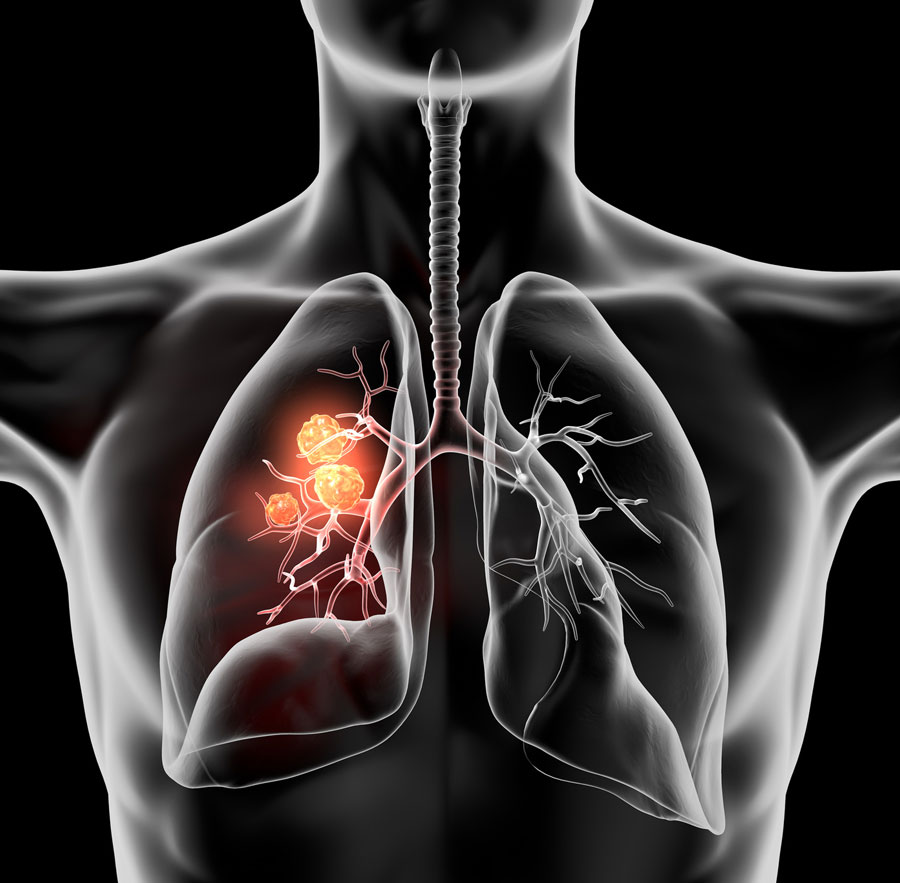Warning: There are three primary warnings associated with this medication. First, gastrointestinal perforation; second, surgery and wound healing complications; and third, hemorrhage. In Avastin-treated patients, the incidence of gastrointestinal perforation, sometimes fatal, ranges from 0.3% to 2.4%. Avastin should be discontinued in patients who experience gastrointestinal perforation. The incidence of wound-healing and surgery complications is increased in patients using Avastin. These complications may be serious or even fatal. If a patient has trouble healing from a wound while taking Avastin, they should discontinue using the product. This medication should be discontinued at least 28 days before an elective surgery takes place. You should not begin taking Avastin until at least 28 days after surgery and after any surgery wounds have been fully healed. Incidents of severe or fatal hemorrhage can increase up to five-fold in patients using Avastin. This is not a comprehensive list of possible risks associated with this medication. Refer to the drug information packet or talk to your doctor about the potential risks of taking Avastin.
 Indications: Avastin is a medication administered to a patient intravenously. The color of Avastin can range from clear and colorless to opalescent, to pale brown. It is available in two sizes, 100 mg and 400 mg vials; each vial contains a single dose. Also known by its generic name, bevacizumab, Avastin is used to treat a variety of cancers. Commonly, Avastin is used to treat kidney, rectal, and colon cancer.
Indications: Avastin is a medication administered to a patient intravenously. The color of Avastin can range from clear and colorless to opalescent, to pale brown. It is available in two sizes, 100 mg and 400 mg vials; each vial contains a single dose. Also known by its generic name, bevacizumab, Avastin is used to treat a variety of cancers. Commonly, Avastin is used to treat kidney, rectal, and colon cancer.
It may also be used to treat non-small cell lung cancer and certain brain tumors. Avastin works by decreasing the supply of blood that flows to the tumor, thus allowing it to weaken.
Dosage: Because Avastin is administered through intravenous diffusion, it will only be given to you by a health care professional, usually a nurse or doctor. You will not be able to give yourself a dose of Avastin. Your first treatment may last up to 90 minutes, though any additional treatment session may potentially be shorter.
The amount of Avastin you will receive over the course of your treatment will be based upon a number of factors, including body weight and how well you tolerate the medication. Your doctor will manage the course of your treatment and, if necessary, adjust the schedule
Overdose: the highest dose ever given to humans is 20 mg / kg of body weight every 2 weeks. In the majority of patients, however, Avastin overdose causes severe migraine and other health problems. If you experience symptoms related to overdose during the treatment, call your doctor or pharmacist right away.
Contraindication:

You should not use Avastin if you have certain medical conditions. These conditions include, but are not limited to: recent major surgery, fistula, stomach or intestinal ulcers, recent bloody vomit, or coughing up blood. You should also tell your doctor if you have or have had kidney disease, high blood pressure, heart disease, or blood clots. This is not an exhaustive list of possible contraindications. Talk to your doctor about your concerns.
Interactions: Though no specific interactions have been found to exist, it is always possible that one may arise. You should be sure to tell your doctor about any other medications or supplements you are currently using. You can also talk to your pharmacist regarding interactions.
Side effects: Avastin can bring good results in some cancer patients; however, it tends to cause adverse effects, which can be serious. The most common Avastin side effects include:
| · fatigue
· bleeding nose · bleeding gums · taste Changes · dry mouth · decreased appetite |
· redness, itching, or scaling of the skin
· dizziness · heartburn · diarrhea · weight loss · Sores on the skin or in the mouth |
Avastin can cause serious side effects which require immediate medical attention; contact your doctor immediately if you experience any of these symptoms:
| · fainting
· seizures · chest/neck pain · shortness of breath · loss of vision · vomiting blood · black or bloody stools · dry, hacking cough |
· severe vaginal bleeding
· slow or difficult speech · weakness or numbness of an arm or leg · dizziness, faintness or confusion · coughing, gagging, or choking · Severe headache (which can be a sign of overdose) · Pain or swelling of the face, eyes, stomach, hands, feet, ankles, or lower legs |



